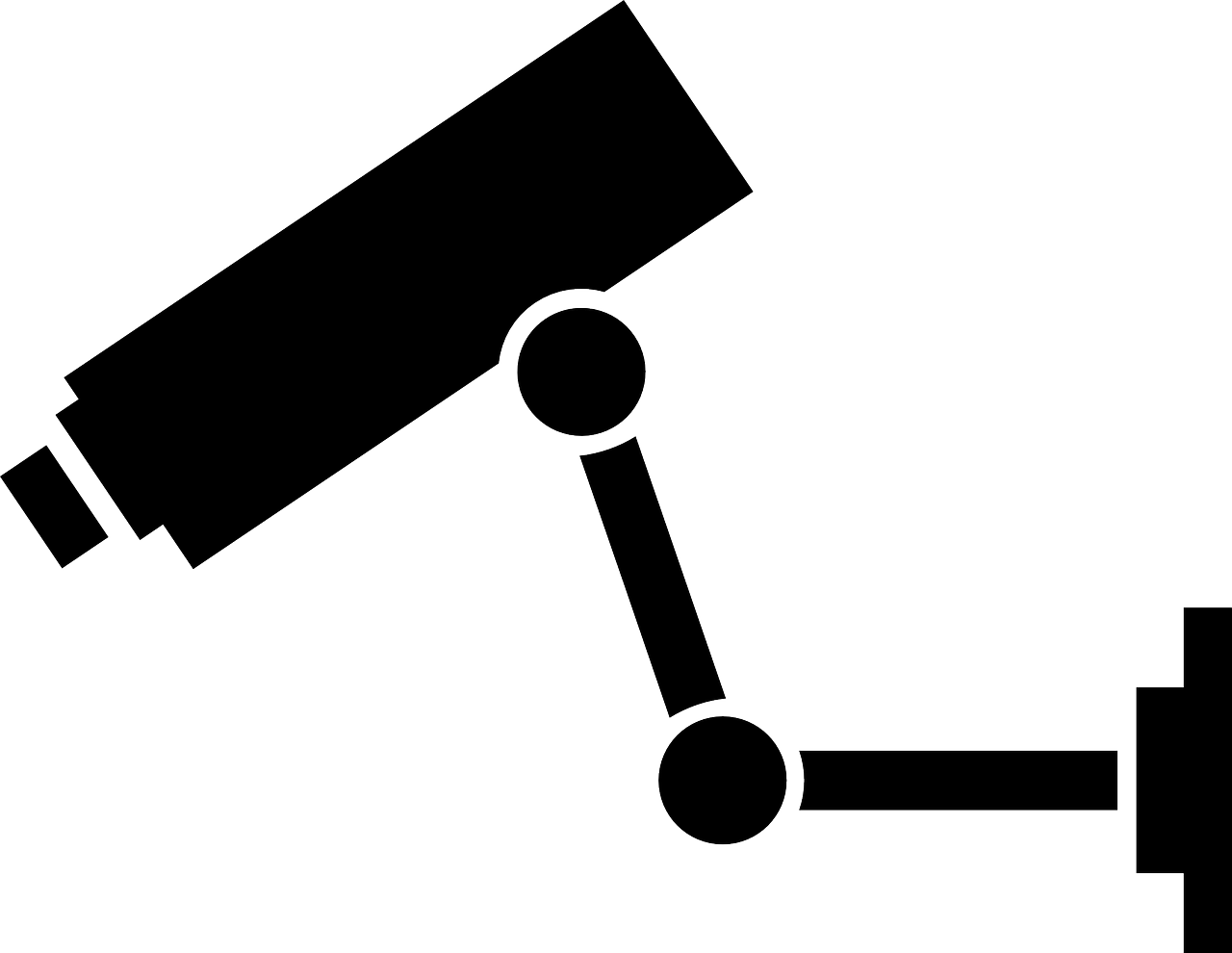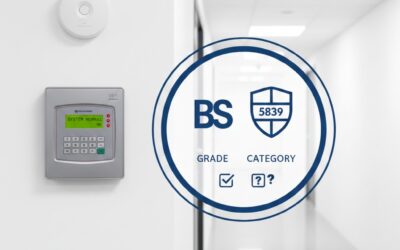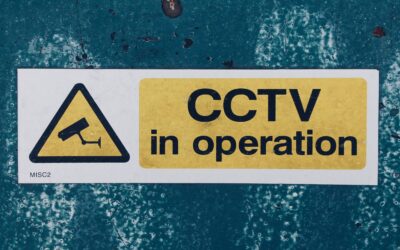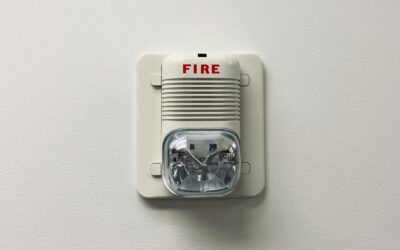CCTV systems are increasingly installed on commercial and residential premises across the UK. Advances in technology have combined to enhance the performance of CCTV systems while reducing their overall cost. As the systems become more advanced, concerns over privacy and security have increased. A framework for CCTV rules and regulations UK has been developed to govern the installation and operation of surveillance systems. If you’re considering installing CCTV it’s important to understand these requirements.
What are the Rules for CCTV in the UK?
CCTV rules and regulations UK have been developed to safeguard individual rights while allowing for effective security measures to be put in place.
Some of the key rules governing CCTV use are:
Data Protection 2018
CCTV operators are required to comply with the Data Protection Act 2018. This regulates the processing of personal data captured by CCTV systems and requires that the collection, storage, and use of CCTV footage is carried out in a fair, lawful, and transparent manner.
Human Rights Act 1988
The Human Rights Act 1988 enshrines the right to privacy as a fundamental human right. Operators are required to respect this right, only using surveillance technology in a justifiable and proportionate manner.
Regulation of Investigatory Powers Act 2000 (RIPA)
RIPA sets out strict procedures and safeguards for the deployment of covert CCTV cameras and other surveillance methods to prevent abuse and to protect civil liberties.
Information Commissioner’s Office (ICO) Guidance
The ICO issues guidance to help CCTV operators understand their legal obligations under data protection laws. This includes advice on signage, footage retention period, and handling subject access requests from individuals seeking access to their data.
Surveillance Camera Code of Practice
The Surveillance Camera Code of Practice, issued under the Protection of Freedoms Act 2012, outlines the appropriate and proportionate use of surveillance cameras by the relevant authorities. Compliance with the code is voluntary for private CCTV operators but is encouraged to promote best practices and accountability.
What are the Legal Requirements for CCTV Cameras?
Some of the key legal requirements for CCTV cameras in the UK include:
Consent & Notification
CCTV operators are required to inform individuals that they are being recorded by displaying clear and visible signage indicating the presence of CCTV cameras.
Purpose Limitation
CCTV systems should have a clearly defined purpose such as crime prevention, property protection, and public safety. Using CCTV for other purposes may infringe upon an individual’s privacy rights and could have legal consequences.
Data Retention
CCTV operators should ensure clear policies regarding how footage is handled. Personal data captured by CCTV cameras should not be kept for longer than necessary for the purpose for which it was collected.
Security Measures
Appropriate security measures to safeguard the integrity and confidentiality of recorded footage must be in place. This should include access restrictions, data encryption, and protection against unauthorised tampering or hacking
What are the GDPR Rules Regarding CCTV?
The General Data Protection Regulation (GDPR), introduced stricter rules and requirements for the processing of personal data, including data captured by CCTV cameras. These include…
Lawful Basis for Processing
A lawful basis for processing personal data captured by CCTV cameras must be established, such as the explicit consent of individuals, fulfilling a legitimate interest, or complying with a legal obligation.
Data Minimisation
Operators are required to limit the collection and storage of personal data to what is necessary for the definition purpose of the CCTV system. Excessive or irrelevant footage should be avoided, and personal data should only be retained for as long as it is needed.
Individual Rights
CCTV operators must be prepared to respond to requests from individuals seeking access to CCTV footage or exercising their data protection rights under GDPR.
Privacy Impact Assessments (PIAs)
GDPR may require operators to conduct a Privacy Impact Assessment (PIA) to assess some of the potential risks and implications of the CCTV system on privacy rights. PIAs can help operators identify any potential privacy concerns and ensure they are compliant with data protection principles.
While not all CCTV rules and regulations UK will be relevant for all installations, it’s important to understand the regulatory framework that governs the use of surveillance systems.
CCTV Systems from Protive Security & Surveillance
If you’re considering a CCTV system for your business or domestic premises, then Protive Security & Surveillance can help. Our team take time to find out about your particular security needs and can design, install and maintain the optimum system for your requirements.
We can provide you with an accurate quote for tailored CCTV for your home or business. We can also answer any questions you have about the rules and regulations governing the use of CCTV systems in the UK.
Contact us for an accurate quote for CCTV for your home or business.





